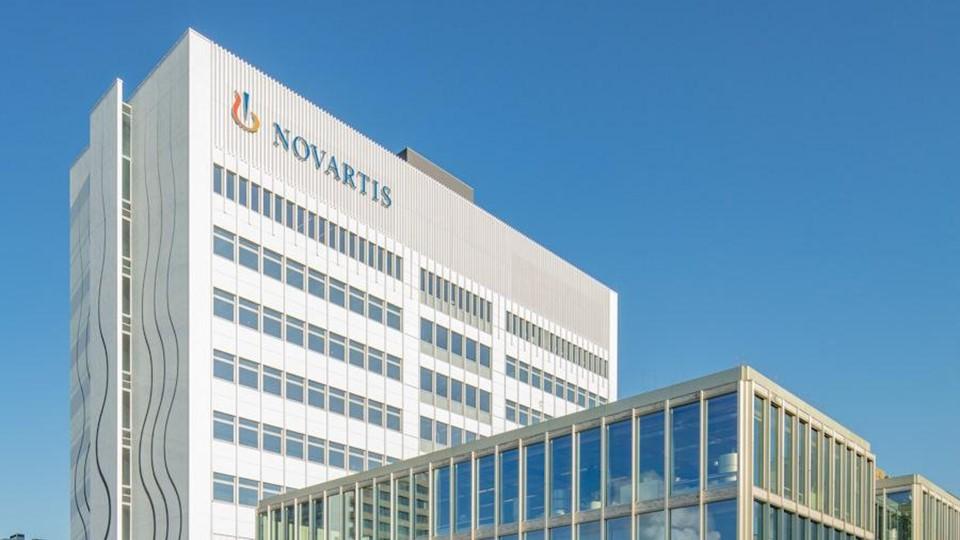Novartis returns PD-1 antibody rights to BeiGene

BeiGene confirmed today that Novartis has pulled out of a partnership on PD-1 inhibitor tislelizumab, two and half years after paying $650 million upfront for ex-China rights to the cancer immunotherapy.
The move comes after the FDA’s review of the drug for advanced or metastatic oesophageal squamous cell carcinoma (ESCC) was held up by delays in inspections of BeiGene’s manufacturing facilities for the drug, as well as Novartis’ decision last year to pull its filing as a monotherapy for non-small cell lung cancer (NSCLC) on feedback from the regulator.
One issue facing the drug is that a chunk of its clinical data was generated in China, where it is already approved as Tevimbra, and the FDA has recently made it clear that trials submitted for marketing applications have to be carried out with an “appropriate” number of US patients.
That requirement also scuppered Eli Lilly and Innovent Biologics’ application for their PD-1 inhibitor Tyvyt (sintilimab) in NSCLC on the grounds that it was based only on Chinese data.
Novartis is a major player in oncology but fell behind its rivals in the development of PD-1/PD-L1 inhibitors, currently the backbone of cancer immunotherapies, and turned to BeiGene to plug the gap in a 2021 deal valued at up to $2.2 billion shortly after its own PD-1 drug candidate spartalizumab failed a phase 3 trial in melanoma.
Despite the setbacks facing tislelizumab, there were signs that Novartis was still on board with the project earlier this year when the drug generated positive results in newly diagnosed advanced gastric or gastroesophageal junction (GEJ) adenocarcinoma.
BeiGene put a positive spin on Novartis’ exit, saying that it was “excited to regain global rights” to the drug – now given the trade name Tevimbra – as marketing applications in the US and Europe move towards decisions.
“With more than 12,000 patients enrolled in our Tevimbra global clinical trial programme, we plan to rapidly accelerate our regulatory and development plans across a wider range of tumour types,” said John Oyler, BeiGene’s co-founder and chief executive.
Tislelizumab is also being tested for small cell lung cancer (SCLC), gastric cancer, hepatocellular cancer, and nasopharyngeal cancer in more than 20 trials.
Novartis has agreed to forego any royalty stream on tislelizumab and will support the “development, regulatory and manufacturing” of tislelizumab in a transition phase. It will also complete its ongoing clinical trials of the drug.
Tevimbra is currently under review by the FDA for advanced or metastatic ESCC after prior chemotherapy - and just got approval for this indication from the EMA this morning - and also for locally advanced or metastatic NSCLC, also after prior chemo, and as a combination therapy with chemo in previously untreated NSCLC patients in the EU.
Regulatory submissions for the drug are also under review in the UK, Australia, China, New Zealand, Brazil, Korea, Switzerland, Israel, and Indonesia, said BeiGene. Tislelizumab, meanwhile, is approved as a treatment in 11 indications in China and, according to the company, is the leading PD-1 inhibitor there.













